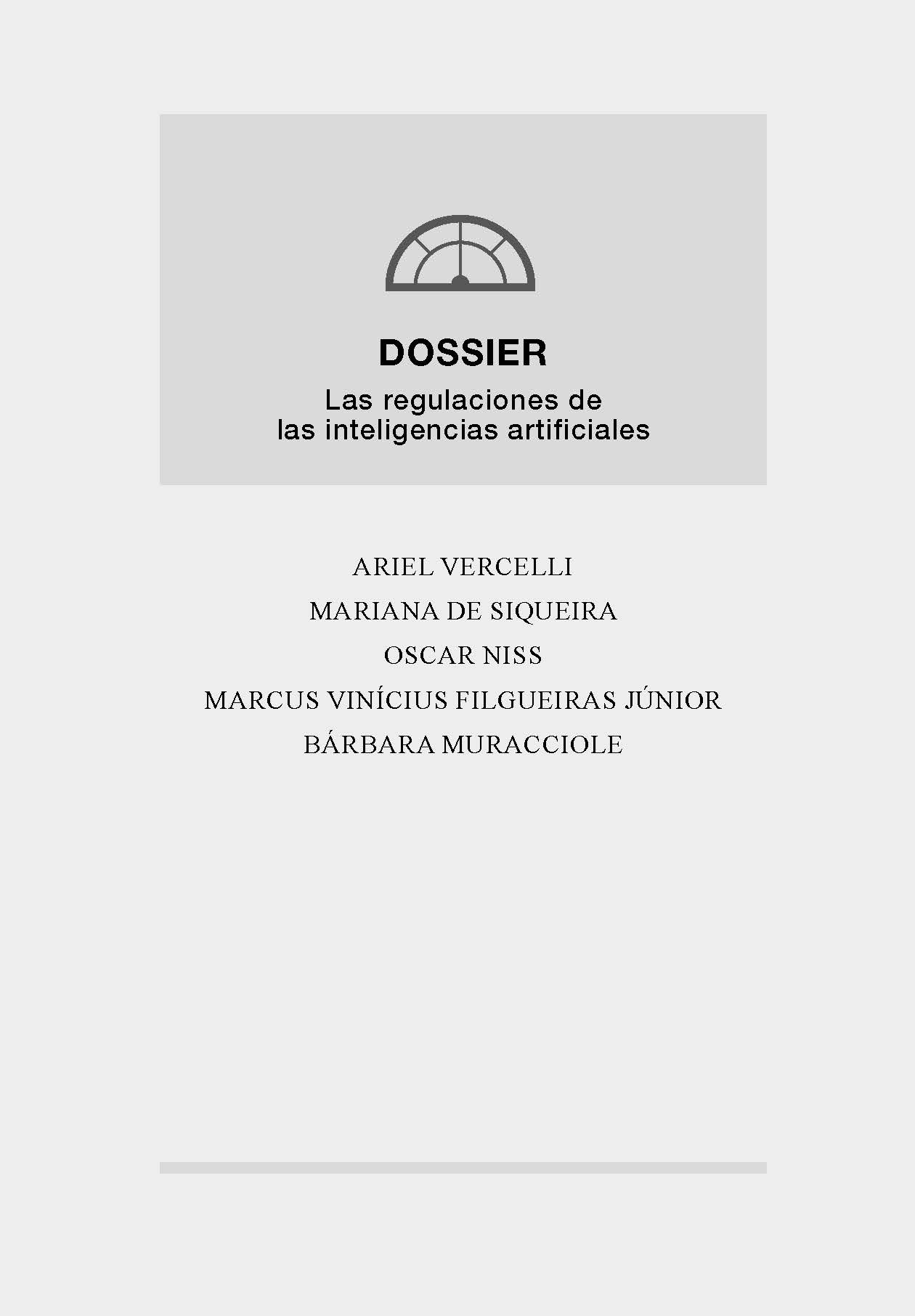Inteligencia artificial en la Administración Pública
interpretación legal a la luz del principio precautorio y democrático
Keywords:
Artificial Intelligence, Public Administration, precautionary principle, DemocracyAbstract
The article seeks to present elements for the legal interpretation of the normative systems of the Public Administration that determine or authorize the use of artificial intelligence (AI). Considering the current stage of development of AI, the limits for its use in the Public Administration are investigated from the precautionary, publicity, motivation and democratic principles. We start from the premise that systems equipped with AI may present unprecedented and previously unknown decisions. The precautionary principle imposes on the public agent that, if there are still doubts about the possibility of irreversible damage, it generates the duty not to authorize the administrative activity. The principles of publicity and motivation - concrete expressions of democracy - require transparency and prior explanation of the administrative decision-making criteria. Moreover, the discretionary criteria of the democratically elected public agent are replaced by an unknown one in the case of the use of AI. It is concluded that, despite the importance of AI, there are limits to its use by the public administration in matters that may cause irreversible damage or require the exercise of discretionary powers, since it ends up producing unpublished decisions, without the possibility of prior knowledge and control.

Downloads
Published
How to Cite
Issue
Section
License
Copyright (c) 2023 Marcus Vinicius Filgueiras JúniorAtribución — Usted debe dar crédito de manera adecuada, brindar un enlace a la licencia, e indicar si se han realizado cambios. Puede hacerlo en cualquier forma razonable, pero no de forma tal que sugiera que usted o su uso tienen el apoyo de la licenciante.
NoComercial — Usted no puede hacer uso del material con propósitos comerciales.
SinDerivadas — Si remezcla, transforma o crea a partir del material, no podrá distribuir el material modificado.
No hay restricciones adicionales — No puede aplicar términos legales ni medidas tecnológicas que restrinjan legalmente a otras a hacer cualquier uso permitido por la licencia.









